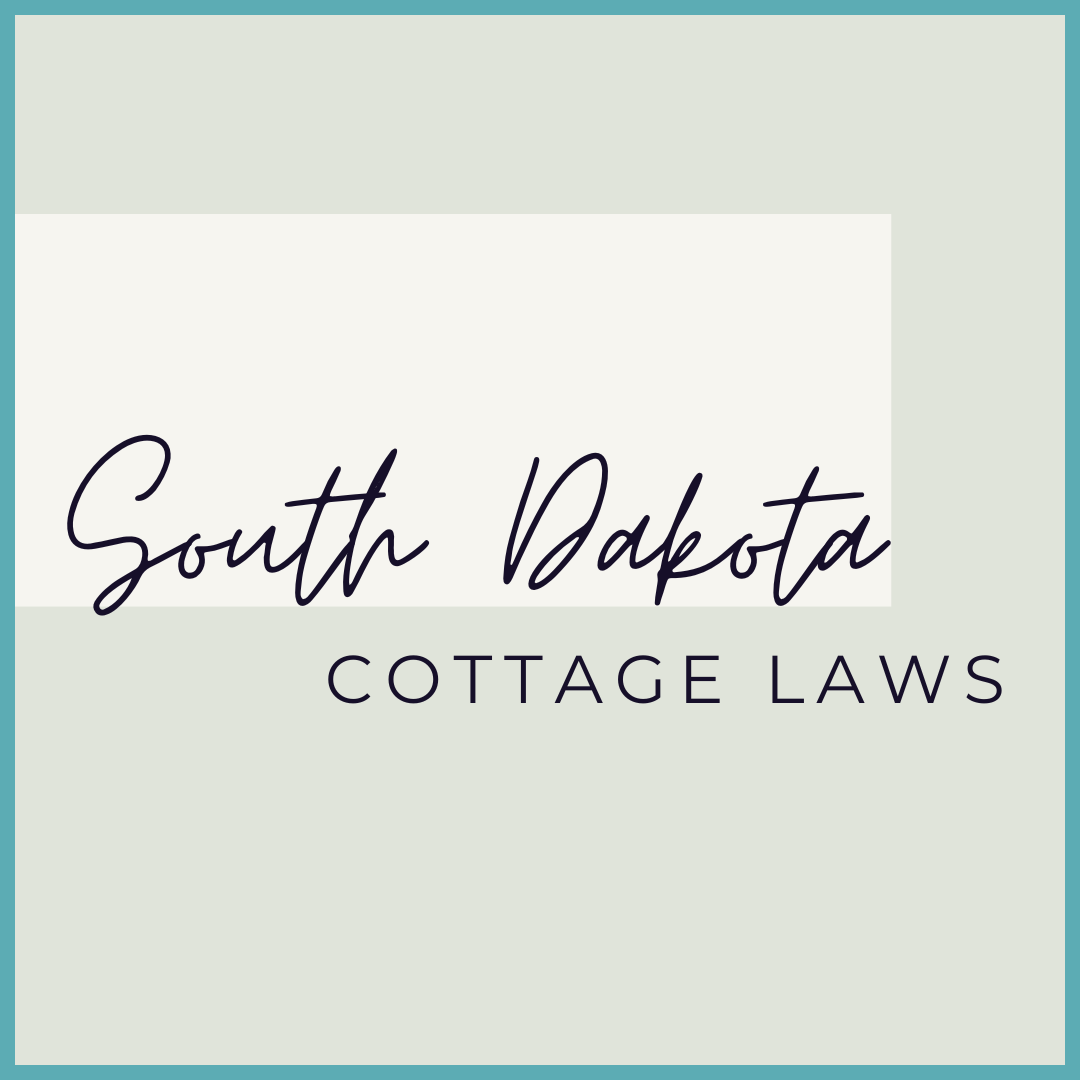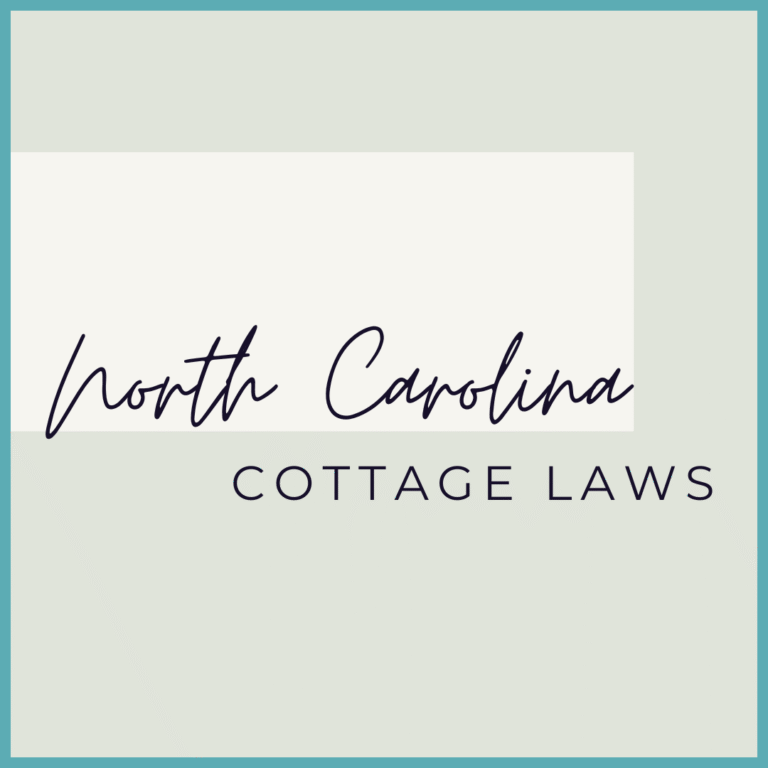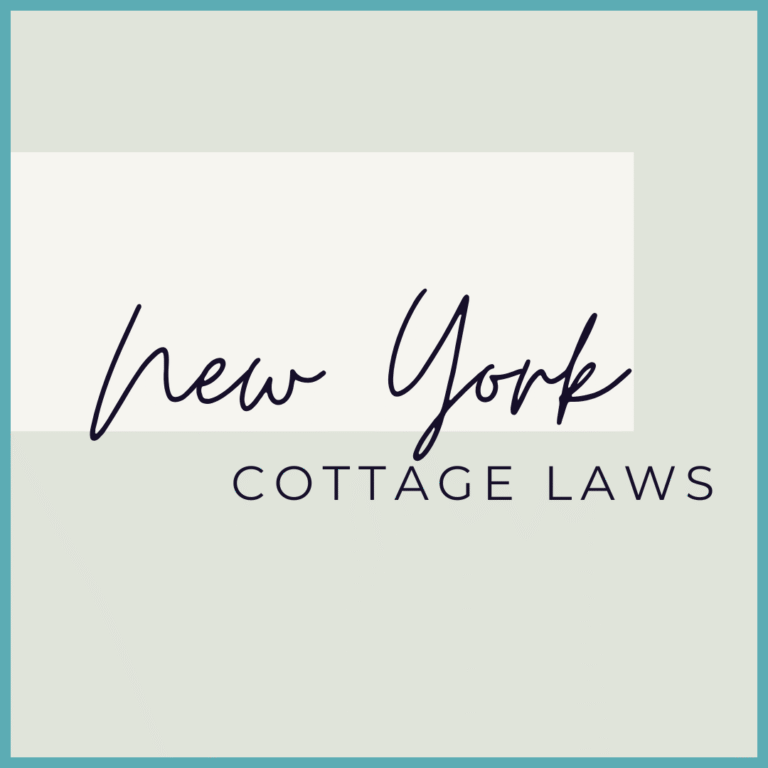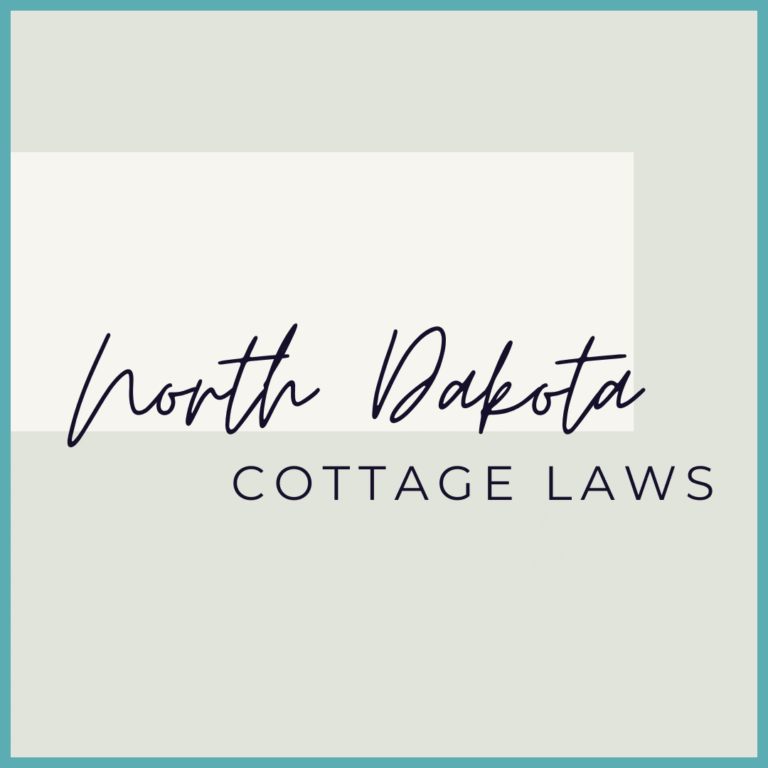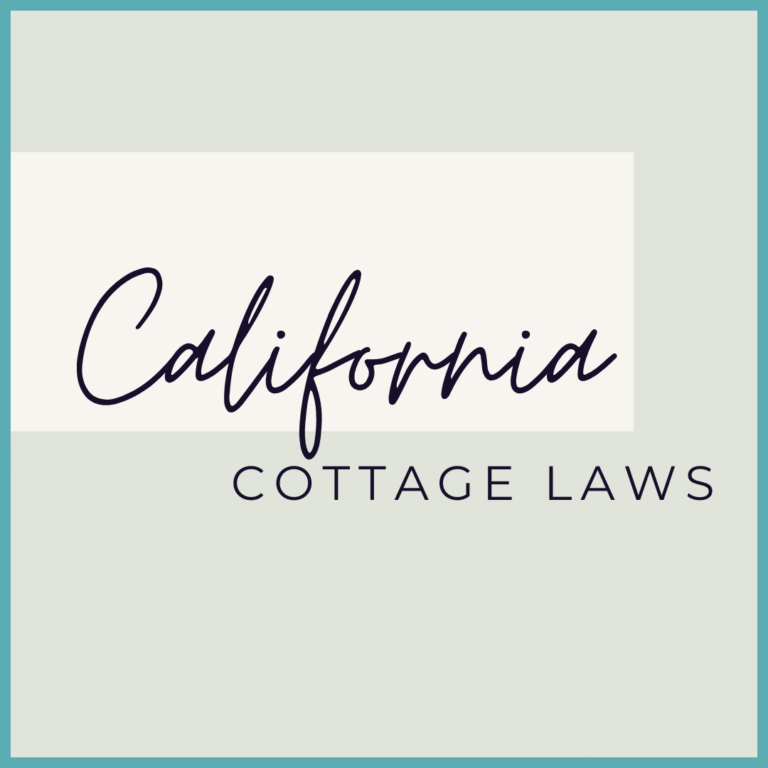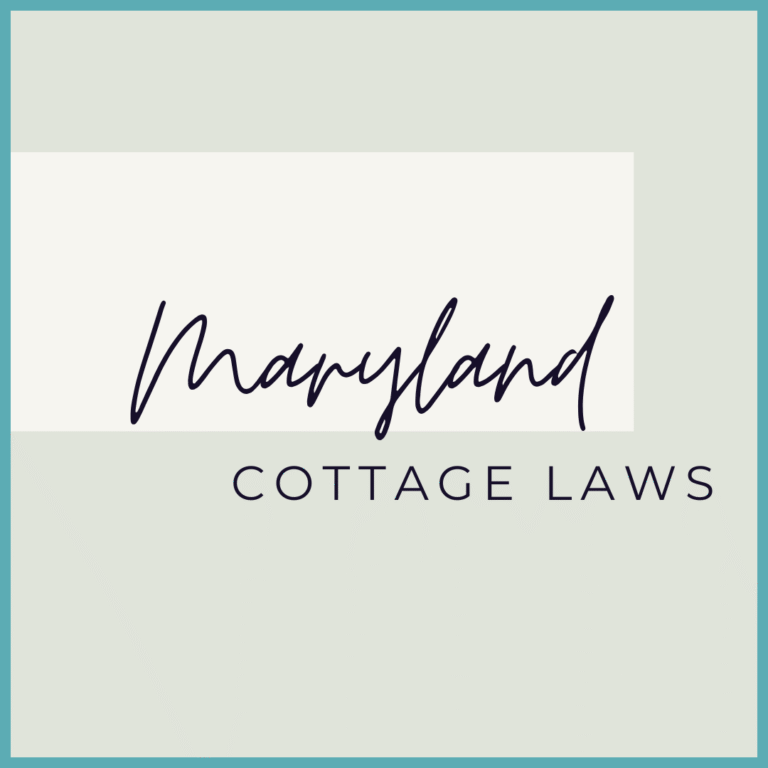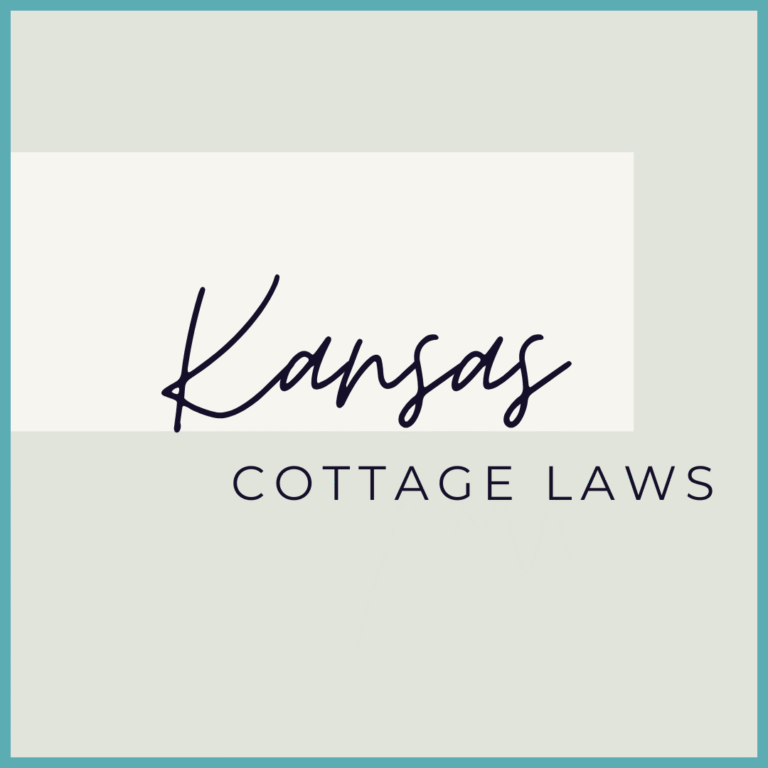South Dakota Cottage Laws
Your complete guide to legally selling homemade baked goods from your South Dakota kitchen
Are you passionate about baking and considering turning your kitchen into a profitable venture? You're in for some great news! South Dakota has some of the most progressive cottage food laws in the United States, thanks to major reforms passed in 2020 and 2022. The state has transformed from having restrictive laws to becoming one of the better states in the country for food freedom.
Let me walk you through everything you need to know about South Dakota's cottage food laws in simple, easy-to-understand terms.
The Three-Tier System: What You Can Make
South Dakota's cottage food law works on a three-tier system, each with different requirements:
Tier 1: No Training Required (The Easy Start)
You can make and sell these items immediately with no licenses, no permits, and no training:
Non-Temperature-Controlled Foods
- Nuts: Almonds, walnuts, cashews
- Grains: Wheat, corn, rice, barley, oats
- Seeds: Sunflower seeds, sesame seeds, chia seeds, coffee beans
- Dry mixes: Spice mixes, baking mixes, powder drink mixes, home-ground flour, coffee mixes, granola mixes
Traditional Baked Goods
- Cookies, rolls, cakes
- Confectionaries and muffins
- Breads and lefsa
- Hard candies
Important note: Products like meat jerky and honey, while shelf-stable, are regulated by different agencies (South Dakota Department of Agriculture or Animal Industry Board) and have separate requirements.
Tier 2: Training Required for Canned Goods
If you want to sell home-canned goods, you must meet these requirements:
Canned Goods Rules
- pH must be 4.6 or less OR water activity level must be 0.85 or less
- Training required: Complete South Dakota Department of Health-certified online training every 5 years
- Cost: $40 for training registration
- Alternative: Have recipes verified by a third-party processing authority (SDSU Extension offers this FREE!)
Tier 3: Training Required for Refrigerated Items
If you want to sell perishable foods that require refrigeration, you need the same $40 training as Tier 2, plus:
Allowed Refrigerated Foods (must stay at 41°F or below)
- Fermented foods (like sauerkraut, kimchi)
- Kuchen and specialty baked goods requiring refrigeration
- Pies with custard or cream fillings
- Cheesecakes
- Sauces and pesto
Allowed Frozen Foods (must stay at 0°F or below)
- Home-processed frozen fruit and vegetables
What You CANNOT Make
Even with South Dakota's generous laws, some items are still off-limits:
- Fresh meat, poultry, or fish products
- Fresh dairy products
- Cut fresh fruits or vegetables (unless frozen through proper process)
- Products not meeting pH or water activity requirements
Getting Started: The Simple Path
For Basic Baked Goods and Shelf-Stable Items (Tier 1)
- No permits needed – Start immediately!
- No training required
- No inspections needed
- No licenses required
For Advanced Products (Tiers 2 & 3)
- Complete the $40 online training through SDSU Extension
- Keep training certificate (valid for 5 years)
- For canned goods: Consider free recipe verification from SDSU Extension instead of training
Business Requirements (All Tiers)
- Sales tax: You'll need to collect and remit sales tax
- Business license: Check with your city/county about local requirements
- Zoning: Verify home businesses are allowed in your area
Labeling Requirements
Every product must have a label with specific information:
Required Information
- Name of the product
- Name of the producer
- Physical address of production
- Mailing address of the producer
- Telephone number of the producer
- Date the product was made or processed
- Ingredients list
- Special instructions (for refrigerated/frozen items: “Keep refrigerated” or “Keep frozen”)
- Required disclaimer: “This product was not produced in a commercial kitchen. It has been home-processed in a kitchen that may also process common food allergens such as tree nuts, peanuts, eggs, soy, wheat, milk, fish, and crustacean shellfish.”
Helpful Service
SDSU Extension is able to provide a nutrition facts panel and ingredient declaration statement using Genesis Labeling Software for $150 per product. The ingredient declaration statement is created in order of predominance.
Where and How You Can Sell
Approved Selling Locations
You can sell at these locations while physically present:
- Your primary residence
- Farmers markets
- Roadside stands
- Other temporary sale venues
Delivery Rules
- Personal delivery is allowed – You can drive to the buyer's location
- Must be in-person transaction – You must be present for the sale
- No shipping allowed – Cannot mail or use courier services
- Online advertising is okay – You can advertise and take orders online, but delivery must be in-person
Important Restriction
Currently, you must be physically present for every sale. There's actually a petition circulating to change this law to allow retail stores to sell pre-packaged cottage food goods, but for now, direct sales only.
The Training: What's Involved?
If you decide to make Tier 2 or 3 products, here's what the training covers:
Training Topics ($40, valid 5 years)
- General canning principles
- Canning equipment
- Acid foods, acidified foods, low acid foods
- Freezing and drying foods
- pH testing of canned goods
Training Alternatives
- SDSU Extension's Master Food Preserver course may serve as equivalent training
- Home Food Preservation course may also qualify
- Free recipe verification from SDSU Extension for canned goods (highly recommended!)
Free Recipe Verification Process
- Fill out the Process and Ingredient Review Form
- Send 1 sample (can be as small as 1/4 pint) to: 4101 W 38th St., Ste 103, Sioux Falls, SD 57106
- Get approval within about one week – completely free!
Income and Sales Information
No Sales Caps!
Unlike many states, South Dakota does not impose any limits on how much you can earn from cottage food sales. You can make as much as your skills and market allow!
Tax Responsibilities
- Sales tax: You must collect and remit sales tax on all sales
- Income tax: All earnings must be reported on your tax returns
- Contact: South Dakota Department of Revenue at 1-800-829-9188 or bustax@state.sd.us
Costs to Get Started
Tier 1 (Basic Baked Goods)
- $0 in state fees – No permits, licenses, or training required!
- Local business license (varies by location)
- Labeling and packaging supplies
Tiers 2 & 3 (Advanced Products)
- $40 for training (lasts 5 years)
- OR $0 for free recipe verification (for canned goods only)
- Local business license (varies by location)
- Labeling and packaging supplies
Success Tips for South Dakota Home Bakers
Start Simple
- Begin with Tier 1 products to test your market
- Perfect your recipes before scaling up
- Build a customer base at farmers markets
- Consider training later if you want to expand product offerings
Take Advantage of South Dakota's Flexibility
- Explore unique products that other states don't allow (fermented foods, frozen items)
- Consider seasonal offerings (frozen berries in winter, fresh-baked goods year-round)
- Experiment with dry mixes – they're shelf-stable and profitable
Build Your Business Smartly
- Keep detailed records for taxes and business growth
- Network with other cottage food producers at farmers markets
- Use social media to advertise (remember, online advertising is allowed)
- Plan for growth – consider when you might want commercial licensing
Common Beginner Mistakes to Avoid
- Assuming you need training for everything – Many products require no training at all!
- Not checking local zoning – Make sure home businesses are allowed
- Inadequate labeling – The disclaimer is required by law
- Trying to ship products – All sales must be in-person
- Not understanding the tier system – Know which products require training
Resources and Help
Official Resources
- SDSU Extension Food Safety Field Specialist: Curtis Braun
- South Dakota Department of Health: For training questions
- South Dakota Department of Revenue: 1-800-829-9188 or bustax@state.sd.us
Free Services Available
- Recipe verification for canned goods (SDSU Extension)
- Labeling assistance (for fee: $150 per product)
- Training alternatives through SDSU Extension courses
Looking to the Future
There are ongoing efforts to make South Dakota's cottage food laws even better. A current petition seeks to “allow retail sales of pre-packaged, non-potentially hazardous baked goods made by licensed home bakers” – which would eliminate the requirement for bakers to be physically present at every sale.
The Bottom Line
South Dakota offers one of the most entrepreneur-friendly cottage food environments in the United States. Whether you want to start simple with basic baked goods or dive into more advanced products like fermented foods or home-canned goods, the state provides clear pathways with minimal bureaucracy.
Quick Start Checklist
- ✅ Decide on your products (Tier 1 for easiest start)
- ✅ Check local zoning and business license requirements
- ✅ Create proper labels with required disclaimer
- ✅ Start selling at farmers markets or from home
- ✅ Keep records for taxes
- ✅ Consider training if you want to expand later
Key Advantages of South Dakota
- No state licensing required for basic cottage foods
- No sales caps – earn as much as you can
- Broad range of allowed products – more than most states
- Free recipe verification for canned goods
- Low-cost training option for advanced products
- Personal delivery allowed for convenience
South Dakota has truly become a beacon for food freedom, allowing home bakers to build meaningful businesses while serving their communities with safe, delicious, homemade foods. Whether you're a stay-at-home parent looking for extra income, a retiree wanting to stay active, or an aspiring entrepreneur testing the waters, South Dakota's cottage food laws provide an excellent foundation for your culinary dreams.
Ready to start baking for profit? South Dakota is ready for you – with some of the most supportive cottage food laws in the nation, your homemade goods can find their market legally, safely, and profitably.
Happy baking, and welcome to South Dakota's thriving cottage food community!
